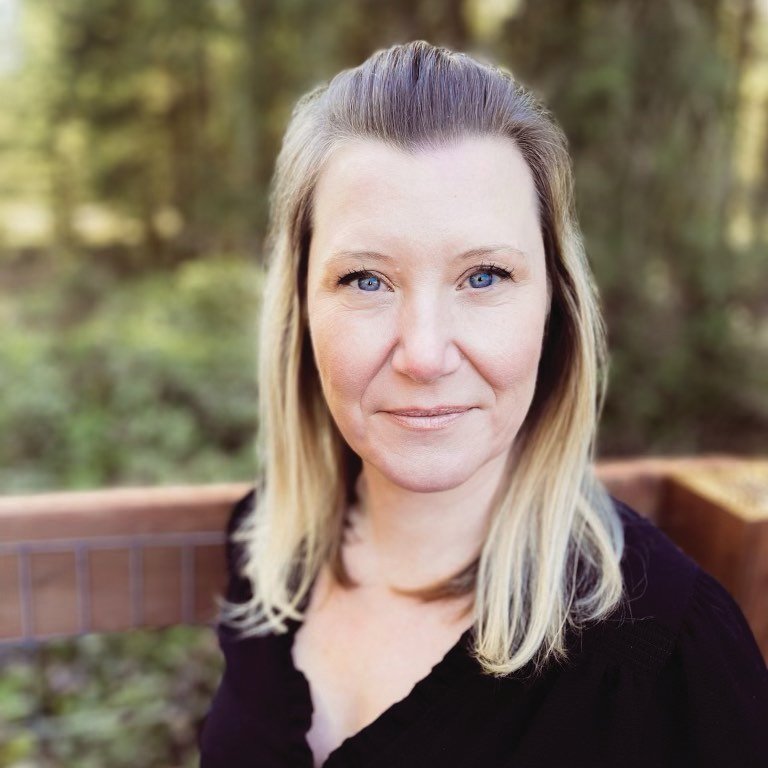What to do about the dams that power Washington has become a major topic of conversation recently, and controversy around them dates all the way back to their beginnings.
Local small press …
This item is available in full to subscribers.
We have recently launched a new and improved website. To continue reading, you will need to either log into your subscriber account, or purchase a new subscription.
If you had an active account on our previous website, then you have an account here. Simply reset your password to regain access to your account.
If you did not have an account on our previous website, but are a current print subscriber, click here to set up your website account.
Otherwise, click here to view your options for subscribing.
* Having trouble? Call our circulation department at 360-385-2900, or email our support.
Please log in to continue |
|

What to do about the dams that power Washington has become a major topic of conversation recently, and controversy around them dates all the way back to their beginnings.
Local small press publisher Empty Bowl published a novel exploring the roots of the Grand Coulee Dam over the summer with “The Grand Promise,” by Seattle author Rebekah Anderson, and will be hosting a book launch party at The Castle in Port Townsend at 7 p.m. Monday, Nov. 10.
This is a first novel for both Empty Bowl and Anderson and it was the No. 1 fiction bestseller at Small Press Distribution in May/June 2022.
“I think that this event is going to be different and fun. It’ll be a little more performative than a normal book reading,” Anderson said.
Instead of simply standing at a podium and reading from her book, there will be a staged reading in the ballroom with a number of people helping to bring the voices of the book to life, including Port Townsend City Councilmember Ben Thomas.
“We’re trying to work out some audience participation for it as well,” Anderson said.
Released on the 80th anniversary of the Grand Coulee Dam, “The Grand Promise” is a work of literary fiction about the real communities that were impacted by the dam’s construction on the Columbia River during the 1930s.
“The whole idea for the story came from a road trip that I took with my mom out to the town where my grandfather grew up,” Anderson said. “When we drove out there my mom was telling me how the actual town where my grandfather grew up was gone because it was under the reservoir that was created by the Grand Coulee Dam.”
Having never heard of such a thing, she was swept up in the story.
“I was really intrigued by this idea that all of these towns disappeared as a result of the dam,” Anderson said.
In the book, Anderson does her best to stay objective while going into the complex events surrounding the dam, including the loss of 11 towns, Native American territory, and of course, the salmon.
“I think the most significant impact was the salmon. At Kettle Falls location, which doesn’t exist anymore, they estimate that they caught a million salmon a year at that site. It was a major source of food for tribes from all over that area,” Anderson said.
“That was completely wiped out.”
While this devastation can be shocking, it is what keeps the lights on.
“I am a fan of dams,” Anderson said. “I actually work for a public power company in Tacoma. We have seven hydro dams.”
Of course, the work Anderson does today is much different from what was done in the past.
“In the modern practices, there’s a lot of mitigation work that goes into that, that just wasn’t happening in the 1930s. Robust fish programs, fish passages, wildlife habitat preservation, all those kinds of things that weren’t really considered in the construction of the Grand Coulee Dam in particular and I’m guessing in other projects like it at the time,” Anderson said.
She first started writing the novel long before the current call to breach the Snake River and other Washington dams.
“It’s been fascinating to watch this conversation evolve as I’ve been working and doing this research on what happened back in the 1930s. A lot of those impacts that they weren’t thinking about are being realized at various projects these days, so the conversation has certainly changed,” Anderson said.
“It really ties into what I wanted to write about, which was that there are benefits and consequences to these kinds of endeavors. And they sometimes have a human price, and often have a benefit to the community. It’s a bit of a trade-off.”
In addition to the staged reading, there will be a Q&A session that delves into these issues as well.
The program will then be followed by a book signing and after party in the Green Room Bar and Bookshop with a speciality cocktail created specifically for the event.
“It’s going to involve whiskey — because there’s a lot of whiskey in the novel,” Anderson said.